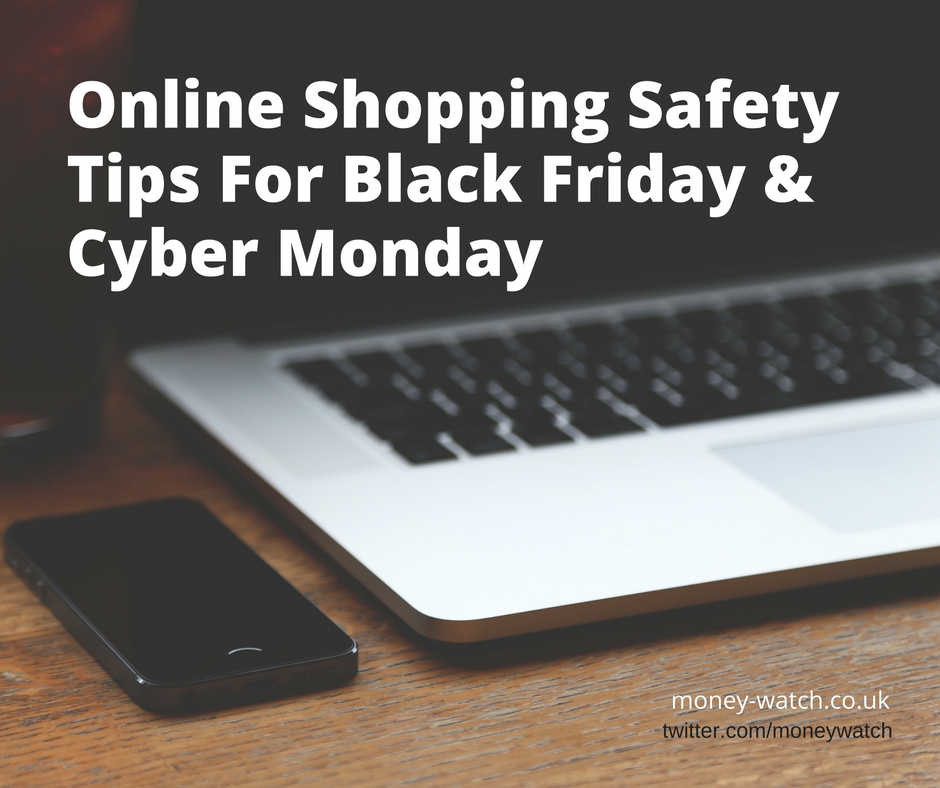Following on from yesterday’s post on the levels of fraud on Black Friday and Cyber Monday, we have some more tips on how to safely shop online.

The ten tips come courtesy of The Institution of Engineering and Technology’s (IET) – their cyber security expert has come up with ten top tips, which, if followed, will help to keep online shoppers safe. These tips not only minimise the chances of online fraud, but also look to ensure you receive a good all-round online shopping experience.
Prof. Roy Isbell from the IET said:
“With increasing numbers of people choosing to grab a pre-Christmas bargain by shopping online, this gives rise to an increasing threat to the security of our finances and information.
“When shopping online it’s very important to remain vigilant just as we would if we were instore, where we would take care to ensure our PIN number is kept secure and that our wallets and purses are kept out of site.
“Online shopping can be much simpler and safe as long as we all remain vigilant and follow a few easy tips.â€
top ten online shopping safety tips
- Ensure you are connected securely with the website by making sure that the address is prefixed by https://
- Use of added browser security plugins such as ‘Ghostery’, ‘HTTPS Everywhere’ and ‘No/NotScript’. This will affect your browsing experience, but will help identify when sites try to redirect and will assist in stopping malicious scripts from running. Take care though as third party payment sites are redirects.
- Use the browser’s security functionality. Do not disable these unless absolutely necessary.
- Ensure your browser and plug-ins are all updated to the latest version.
- Shop using credit rather than a debit card or use delayed payment facilities such as those offered by PayPal.
- Provide minimum information when setting up an account and use a unique password for that site. If you want to avoid being bombarded with mail, ensure that you check or uncheck the box relating to offer notifications or you will be added to mailing lists that may get shared or sold on.
- If buying from a new website, do some due diligence first to ensure that it is reputable. Don’t trust all the reviews implicitly. Look for a physical address and telephone numbers.
- Check the site for privacy and returns policies and that the policies are acceptable to you.
- Don’t shop using unsecured WiFi connections.
- Keep receipts and check bank and credit card statements regularly to identify any non-authorised transactions.